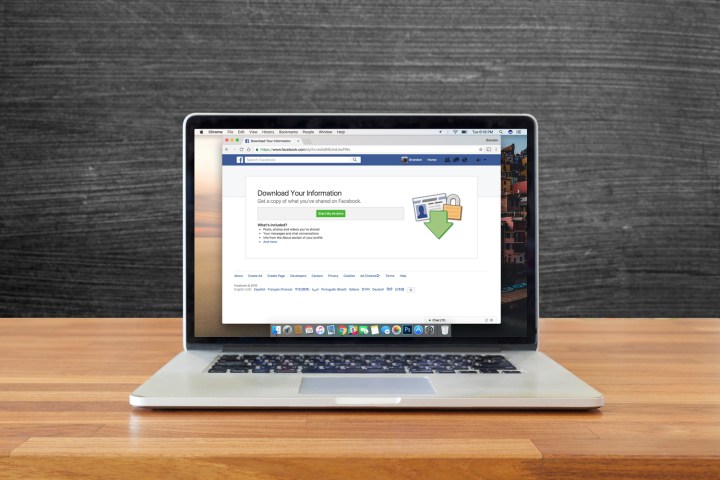
In terms of raw numbers, about 14,000 businesses currently make use of the platform, and the company recently signed up retail giant Wal-Mart. Currently, Slack is still the larger of the two programs, but Workplace’s ties to Facebook may help it overcome the competition.
While Facebook began as a social network, the platforms ubiquitous nature makes it a natural fit for business enterprises. Nearly every business has a
In addition to being a long-requested feature, the desktop app marks Facebook’s first foray into desktop applications in some time. Most of the company’s recent efforts have been focused towards developing applications for mobile devices. Such a move makes sense considering how many people rely on their smartphones today, but a spokesperson for
“This was one of the most widely requested features by customers, so we built it. The desktop app is still in beta and being tested by Workplace customers who are providing feedback that we’ll use to improve the product before a wider rollout,” Facebook’s Vanessa Chan said.
In terms of screen sharing, Facebook’s quick implementation of the feature highlights the company’s responsive nature in regards to the growing use of video in workplace communications. It took Slack four years to add this feature whereas Workplace implemented it within a year of the program’s launch.
It remains to be seen whether Workplace will be able to overtake Slack, but in 2004, who would have thought Facebook would grow to become the dominant force it is today?
Editors' Recommendations
- What does a check mark mean on Facebook Messenger?
- Facebook Messenger finally starts testing end-to-end encryption for all chats
- Facebook’s Messenger and WhatsApp saw record usage on New Year’s Eve
- Facebook starts merging Instagram, Messenger chat features on iOS, Android
- Master Facebook Messenger with these helpful tips and tricks


